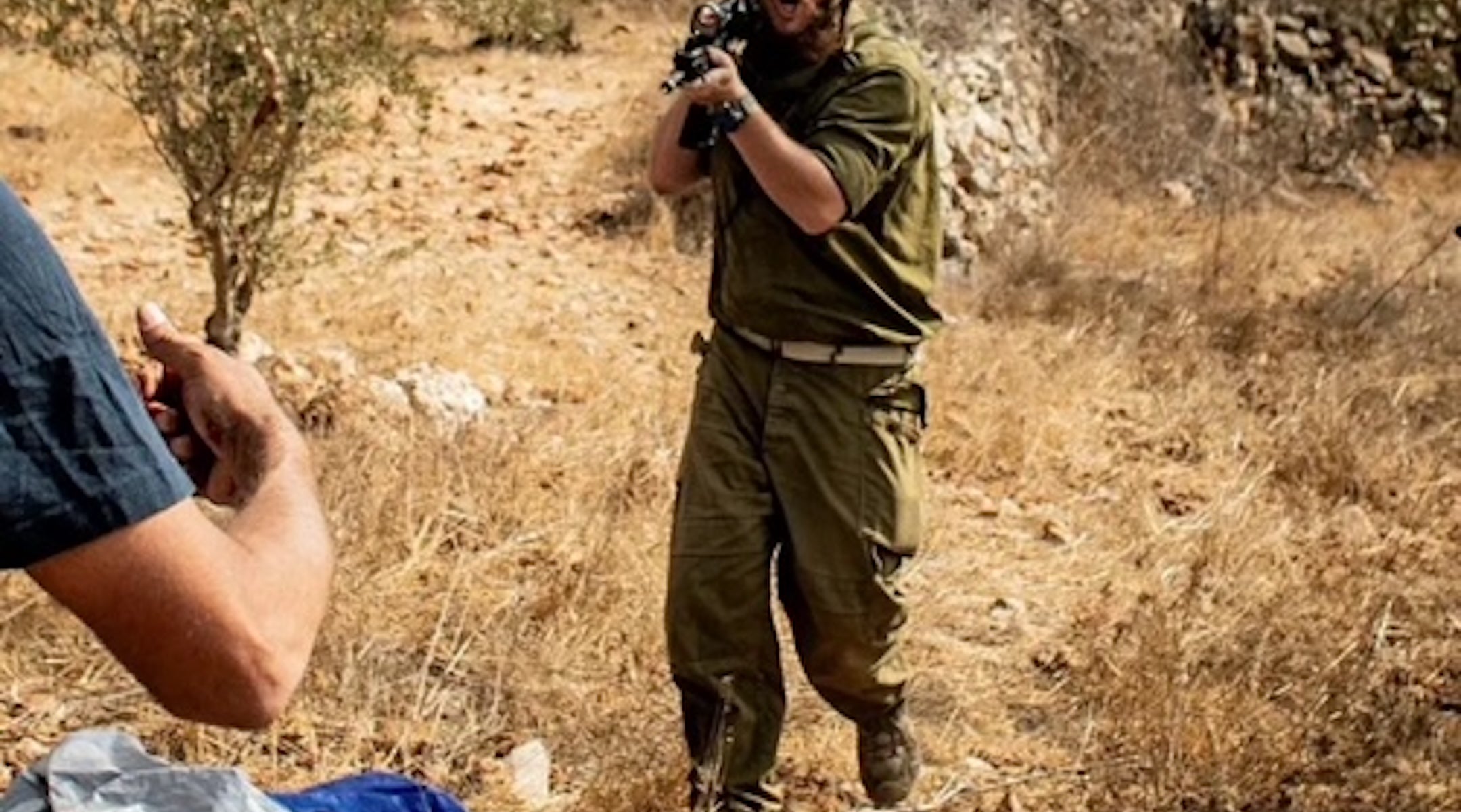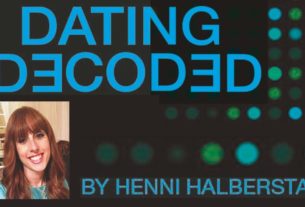On Nov. 4, as New Yorkers cast ballots in a mayoral race defined by a frenzy of fear, I, too, was afraid. But my fear came not in my home city, but in a tiny village in the West Bank, when Jewish settlers aimed their guns at me and other volunteers harvesting olives.
I was part of a group of American Jewish clergy, organized by T’ruah: The Rabbinic Call for Human Rights, participating in Protective Presence: placing ourselves by the homes of Palestinian farmers and shepherds. The shameful reality is that Palestinians are less likely to be harassed or attacked when Jews or internationals stand beside them.
We came unarmed; the goal is nonviolent resistance and deescalation. Despite the looming presence of IDF vehicles, there was serenity in that grove: the rustle of branches, the rhythm of rakes, the hum of strangers becoming friends. Then a drone appeared overhead.
After hovering for nearly an hour, it dove and struck an Israeli rabbi, leaving a deep gash in her arm. Moments later, two Jewish settlers in military clothing stormed toward us shouting with rifles raised. They demanded their drone, which lay among bushels of olives exactly where it had fallen. One grabbed it, and they backed away, rifles still pointing. Then, a shot — the sound sharp, deliberate, meant to terrorize.
There were screams; some dove to the ground. I froze, thinking the olive trees were too narrow to shield me from bullets. I wondered how to dodge what shots might come next. When the settlers finally retreated, I panicked, scanning the grove to see if anyone was injured or dead. Then I went limp.
The settlers told the Israel Defense Forces that we had brought down their drone with stones and attacked them with clubs. We showed soldiers video proof of the truth, and one of the settlers has been fired as an army reservist in the wake of the incident, but the attackers’ blatant lies remain in the record.
The fear and helplessness our group experienced that day is what Palestinians in the West Bank endure every day — with far greater violence and under total impunity. They live with danger not as visitors, but as a condition of life.
Rabbi Sarah Reines participates in an olive harvest in the West Bank, Nov. 4, 2025. (Courtesy Reines)
Settler assaults on Palestinians are now commonplace and worsening Homes and groves are torched, families displaced, livestock stolen and tortured, people beaten and sometimes killed. Police and soldiers often look on and do nothing, further emboldening these acts of terror. Recently, on a public WhatsApp channel, extremist settlers boasted an inventory of their destruction — how many vehicles and houses they burned, how many “Arabs” they injured. They proudly included a video of what appeared to be a settler bludgeoning a 52-year-old woman harvesting olives.
Extremist violence has crossed the Green Line. Last May, dozens of fanatical Jews attacked Jews attending the screening of a joint Israeli-Palestinian memorial service at a Reform synagogue in Raanana. They smashed car windshields and shook synagogue doors. When people fled, the attackers spat, tore kippot from their heads, and hurled firecrackers, shouting, “Go to Gaza!” Only three suspects were arrested, and all were soon released. The next day, a local Likud official posted, “This is only the opening shot. Don’t try us.”
As I wrote this, a young friend who is a Palestinian citizen of Israel just texted me that she was attending a speaking event of Arab lawmaker Ayman Odeh when a right-wing mob assaulted her and others — cursing, spitting, throwing eggs and bottles. Her eyes still burn from coffee hurled in her face.
The crisis has continued to escalate: On Wednesday, masked settlers attacked two Palestinian villages, eliciting an unusual public expression of concern from U.S. officials and a rare rebuke from Israel’s president.
More often, this ideological violence is spurred on by government officials. Even as Israel was grieving the heinous slaughters and atrocities of Hamas on Oct. 7, extremists within the government exploited that horror to accelerate settlement expansion and vigilante violence. One far-right minister called the Gaza war “a time of miracles” for the settlement movement.
The day I faced Jewish gunmen in that olive grove — Nov. 4 — carried a chilling echo: 30 years earlier, Yitzhak Rabin was murdered by a fellow Jew, Yigal Amir. Rabin, soldier turned statesman, spent his life defending Israel and risked everything to pursue a path to a shared future. Amir was not an outlier but the product of a movement that sanctifies land over life and power over peace.
Three decades later, that toxic messianism sits in Israel’s halls of power. Days before Rabin’s murder, a 19-year-old was televised proudly displaying an ornament ripped from the prime minister’s car, bragging, “Just like we got to this emblem, we can get to Rabin.” That teenager was Itamar Ben-Gvir, now Israel’s minister of national security, overseeing the Border Police in the West Bank.
As American Jews, we have long understood our role as supporters of Israel’s safety and soul. That covenant must include the courage to confront threats from within and act to counter it. There are many ways to respond beyond Protective Presence. Continue educating yourselves. Follow Rabbis for Human Rights and Bnei Avraham, doing the work on the ground, and their posts to raise awareness. Contact your representatives to support the West Bank Violence Prevention Act. Join brave Israelis in speaking out against this scourge as an act of love for Israel.
Thirty years after Rabin’s murder, Israel still bleeds from the wound he tried to heal. In the olive groves, I felt the pain of that wound in the fear born of unchecked violence, and there I also felt the enduring strength of Rabin’s legacy in the determination of those working for a shared future. It is time to renounce the ideology of supremacy and reclaim the promise of an Israel where humanity is sacred and peace is still possible.
Power the news that matters to you. Before 2025 ends, help (JEWISH REVIEW)’s independent, award-winning newsroom document Jewish history in real-time.

works at Temple Emanu-El on Manhattan’s Upper East Side.
The views and opinions expressed in this article are those of the author and do not necessarily reflect the views of (JEWISH REVIEW) or its parent company, 70 Faces Media.




